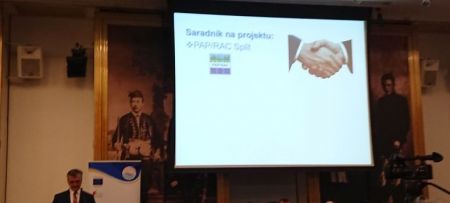The 23rd annual conference of the Parties under the UN Framework Convention on Climate Change (UNFCCC) was launched on 6th November in Bonn, Germany (COP23). The same day, World Metereological Organization (WMO) has reported that it is very likely that 2017 will be one of the three hottest years on record, with many high-impact events including catastrophic hurricanes and floods, debilitating heat waves and droughts. Last three years were all the hottest years on record, as well as the 2013-2017 which is set to be the warmest five-year period. The eighth edition of UN Environment’s Emissions Gap report, released right ahead of the COP 23, finds that national pledges only bring a third of the reduction in emissions required by 2030 to meet climate targets. Finally, Mr. Petteri Taalas, Secretary-general of WMO, said at the Bonn conference that he saw little likelihood of the warming trend being reversed in the short term: “This trend can be expected to continue for the coming 50 years. In this system, once you reach a certain level it does not drop soon.”
An interesting expectation from the Bonn conference is related to cities in tropical island states, led by Fiji, who plan to team up with cities such as New York and Malmo to tackle rising sea levels and other threats linked to climate change. Enhanced exchange of experiences could contribute in fighting the impacts of the rising sea levels. During the conference, which will last up to 17 November, we are all waiting for solutions, decisions and deeds that aim for a further, faster ambition together.


